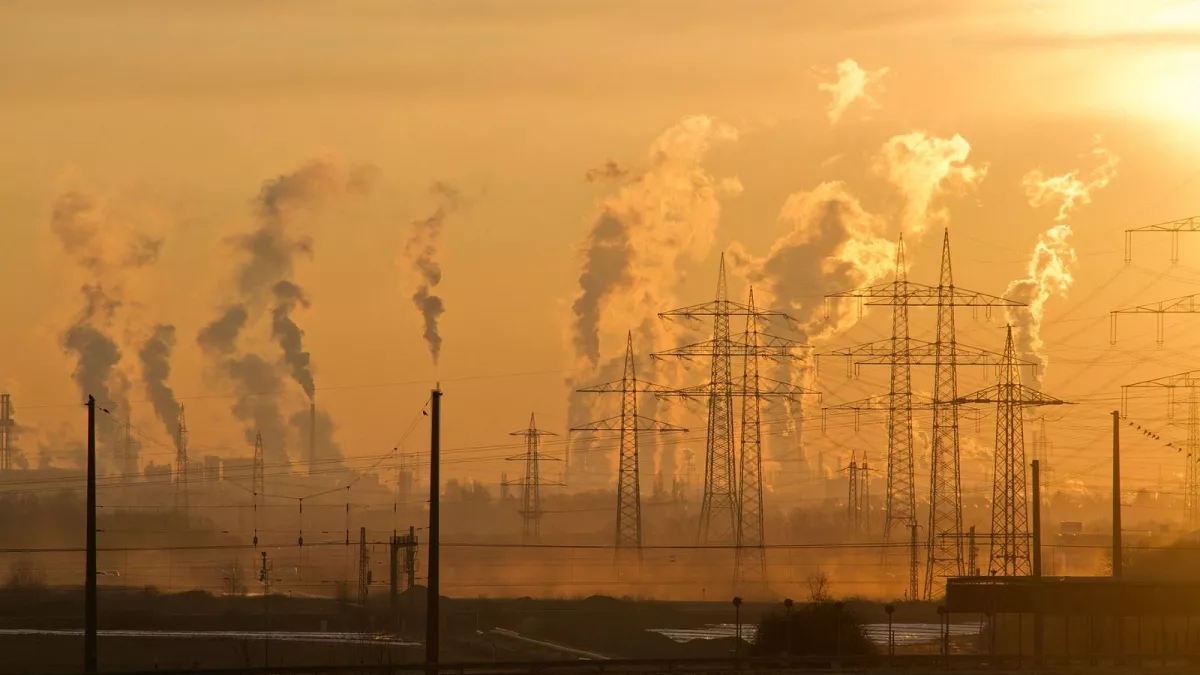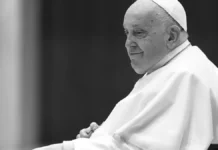
Brazil is making significant advancements in tackling air pollution with cutting-edge technology, aiming to create healthier environments for its citizens. The deployment of Air Tracker and the National Air Quality Management System (MonitoAr) marks a transformative phase in air quality monitoring.
A New Era of Air Pollution Management in Brazil
The Environmental Defense Fund (EDF) has introduced its revolutionary Air Tracker tool in Rio de Janeiro. This tool uses real-time data to trace air pollution sources, combining pollution levels with weather patterns to identify the origins of pollutants. Public access to the tool empowers citizens to monitor air quality and report violators.
We’re thrilled to announce that our Air Tracker AQ mapping tool just came online today in Rio de Janeiro, Brazil! Air Tracker’s powerful cutting edge technology can help officials and residents pinpoint pollution hotspots and better enforce Brazil’s new air quality standards.… pic.twitter.com/zet0TmK1qI
— EDF Global Clean Air (@EDFCleanAir) November 15, 2024
Brazil also launched MonitoAr earlier this year, a national air quality management system developed by the Ministry of Environment and Climate Change. The system provides real-time air quality information, helping state officials and citizens make informed decisions to reduce pollution levels.
How Air Tracker Works?
- Data Integration: Air Tracker uses scientific models to combine pollution data and weather forecasts.
- Public Accessibility: Citizens can pinpoint pollution sources and report them.
- Policy Support: It assists in identifying pollution hotspots for regulatory action.
Rafael Barbosa Campos, Air Quality Manager for Rio de Janeiro’s State Environment Agency, highlighted that the tool enables quicker identification of pollution sources and fosters collaboration with local communities.
Key Features of MonitoAr
- Real-Time Data: Delivers up-to-date information on air quality levels.
- Wide Coverage: Monitors multiple regions simultaneously.
- Decision Support: Helps state and national officials address pollution efficiently.
The Urgency Behind These Measures
Brazil faces unprecedented environmental challenges, including severe air pollution caused by massive forest fires. Over 60 percent of the country, including major cities like São Paulo(the most populous city in southern America) and Porto Velho, has been shrouded in smoke due to record-breaking fires intensified by climate change and the El Niño phenomenon. The fires have burned more than 11.3 million hectares in 2024 alone.
South America Is Drying Up
In August and September, huge portions of South America were shrouded in intense smoke from wildfires raging in the Amazon and other parts of Brazil and Bolivia, as #GlobalWarming increases both drought and flooding problems.https://t.co/NiokgH4TXg— Prof. Stefan Rahmstorf 🌏 🦣 (@rahmstorf) November 15, 2024
What Brazil Hopes to Achieve?
Brazil’s new air quality legislation, aligned with these technological advancements, aims to provide cleaner air for its population of over 216 million people by 2030. The focus is on addressing both immediate pollution concerns and the long-term effects of environmental degradation.
With the country facing severe environmental challenges, these tools could play a critical role in safeguarding public health and fostering a cleaner future. However, the effectiveness of these technologies will depend on sustained commitment, enforcement, and public cooperation.
Read Next – Sustainable Food Summit Sao Paulo
















